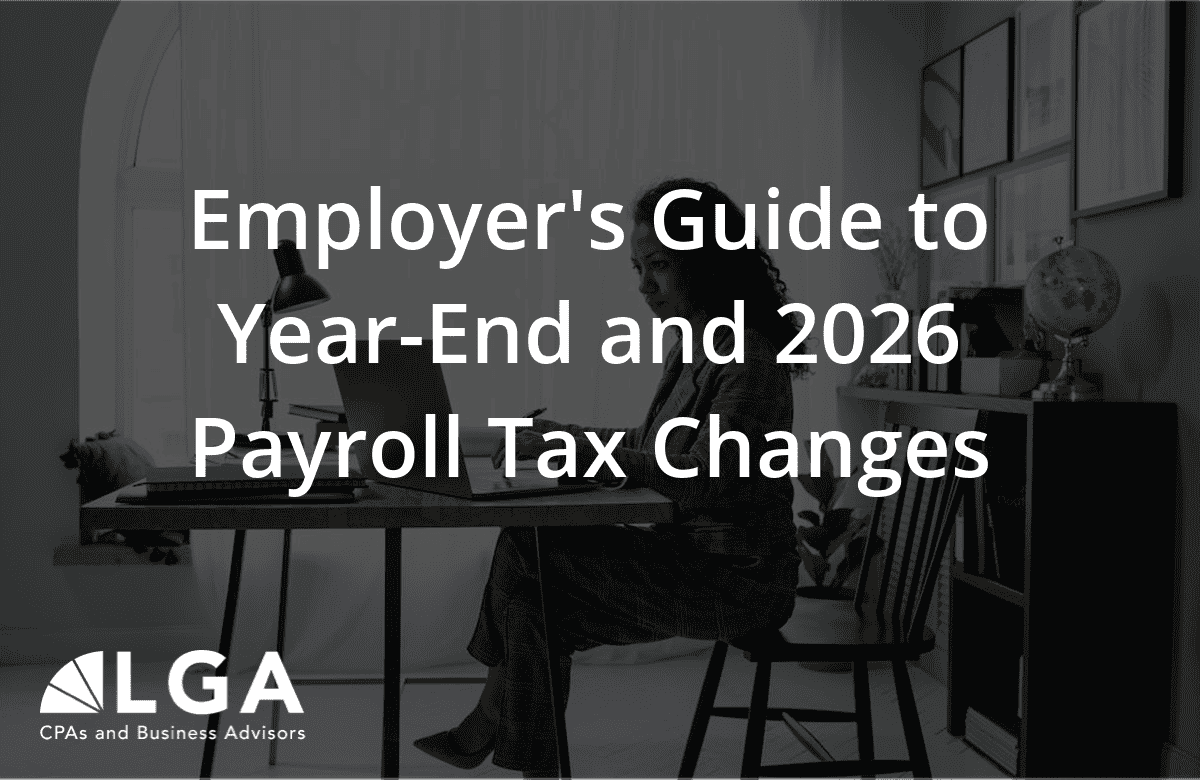
Staying on top of every detail, including financial statements, is a familiar struggle for business owners. Time constraints, coupled with a multitude of responsibilities, often push the crucial task of financial oversight to the backburner. However, the significance of being well-informed about your financial situation cannot be overstated, especially when considering potential interest from lenders, investors, or buyers.
Why It Matters
Think of your financial statements as the blueprint of your business’s financial health, similar to preparing a house for sale. A well-maintained and orderly financial record not only enhances your chances of securing favorable deals but also positions your company for optimal growth and opportunities, regardless of immediate plans to sell.
Key Areas of Focus
Delving into financial statements might seem daunting, but focusing on the following areas can streamline the process and yield insightful observations:
- Holistic Review of Financial Statements: The balance sheet, income statement, and cash flow statement are the three pillars of your financial reporting. Each offers unique insights into your business’s financial health, and together, they provide a comprehensive overview. Ignoring one can lead to a skewed understanding of your financial position.
- Key Performance Indicators (KPIs): Identifying and monitoring three to four essential KPIs can serve as a quick health check of your business’s financial and operational status. This targeted approach helps in prioritizing areas that may require immediate attention.
- Trend Analysis: Regularly reviewing your financial statements allows you to spot trends, helping you understand the trajectory of your business. This analysis can be crucial for strategic planning and addressing areas of concern before they escalate.
- Sale Readiness: Whether or not selling your business is on the horizon, understanding its value and financial appeal to potential buyers is invaluable. Ensuring that your financial statements are accurate and reflective of your business’s worth is crucial in a competitive market.
Understanding the External Perspective
Awareness of how external parties, such as lenders or investors, view your financial statements can provide valuable insights into your business’s appeal and areas for improvement:
- Debt Service Capacity: Lenders are primarily interested in your cash flow and its adequacy to cover loan repayments, closely examining elements like working capital and inventory management.
- Investment Appeal: Investors evaluate the potential return on their investment, looking at your business’s value proposition, risk factors, and profit potential over multiple cash flow scenarios.
- Operational Efficiency: Buyers may analyze your financial statements with a focus on profitability and efficiency, seeking opportunities for cost reduction or operational improvements.
Business Owners, Need Help Understanding Your Financial Statements?
LGA’s Business Advisory Services team isn’t interested in turning our clients into financial analysts. We know you’re busy keeping the trains running, so we make it as simple as possible to maintain an understanding of what’s going on with your financial statements—no matter your level of financial literacy. We walk clients through their records and help them get that holistic, 360-degree view of their financial condition so they’re always positioned to sell or take advantage of other opportunities.
A brief business owner’s guide to financial statements is no substitute for the services of a skilled business advisor, of course. Ready to find out exactly what your financials are telling you? Contact me today.
About the Author
by Kenneth D. Segal, Partner & Managing Director of Business Advisory Services






